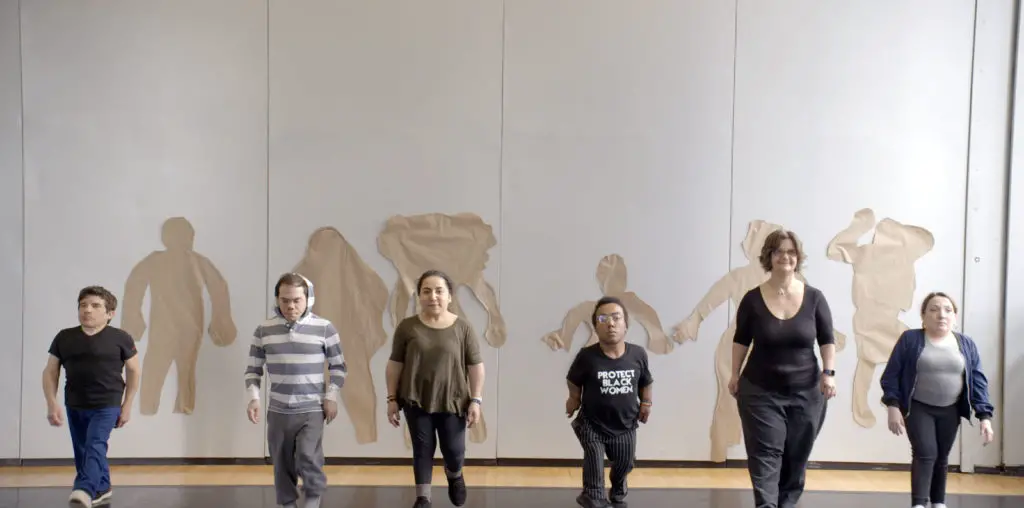
Indeed, authority is the name of the game in Battle Royale, a grisly, controversial little slice of sicko cinema that also features Kitano. This time, he’s a teacher who endures considerable abuse before the Japanese government initiates the New Century Educational Reform Act, a kind of lottery, but certainly not one that you want to win. Annually, the new law requires that a class of junior high youths be randomly chosen, shipped to a remote island, “Survivor”-style, and forced to engage in brutal combat until one student remains. Set in the near future, “Battle Royale”‘s Japan verges on ruin, a chaotic land plagued with rampant unemployment, suicide, and delinquency. Kitano’s schoolteacher, tired of the various assaults, taunts, and verbal barbs dealt out by his barely teenage pupils, is recruited as the Reform Act’s coordinator, a position he tackles with relish.
When a new, fresh-faced bunch of recruits are shipped to his little island of horrors, Kitano holds a sinister orientation session. Dressed in military fatigues and emerging from an army helicopter, the taskmaster herds his new batch of reluctant warriors into a warehouse. Fitting each participant with a modified dog collar, he casually announces that if more than one survivor emerges from the group after three days, the explosive collars will be detonated, and all will perish. The kids are left with only two options: kill or be killed.
Thus begins the disturbing ritual of teens offing teens, via hatchets, guns, and grenades. The fact that these juveniles are acquaintances, or perhaps longtime friends, makes “Battle Royale” that much more horrific. Will buddies turn against each other, forsaking loyalties to survive this gruesome endurance test? Suddenly, acne isn’t such a big priority.
One could almost argue that “Battle Royale” is a legitimate satire of Japanese culture, where respect for one’s elders is the law of the land. Disregard this commandment, director Kinji Fukasaku seems to be saying, and be prepared for some stiff penalties. Or perhaps he is challenging the Old Guard, shunning his country’s discipline-heavy treatment of children and telling parents to “lighten up.” There are certainly some perversely funny treatments of teenage angst gone awry: in a kind of fatal sleepover party, a gaggle of girls argue until they’re clawing at each other with daggers, knives, and firearms. Meanwhile, a televised tally of those killed is announced periodically by a perky, Britney Spears-style teenybopper, who concludes her updates with a team cheer.
Ultimately, however, one walks out of the theatre feeling a little dirty. Granted, America has a major Madonna-w***e complex over violence at the Cineplex, with such gorefests as Gladiator and The Patriot heralded as historically enlightening entertainment, while Hollywood is condemned for each and every school shooting that hits the papers. People enjoy violent entertainment, and it’s hypocritical to say otherwise. Why not vicariously revel in the kinetic thrill of Mel Gibson dusting some scumbag, or Harrison Ford telling a ruthless terrorist to get off his plane? We enjoy it, because it’s distanced and artificial. Better up on the screen than on our own streets.
However, to throw children into the mix is a queasy regression. “Battle Royale” isn’t serious enough to warrant its taboo-breaking angle. What next – Kindergarten Killers? We’ve descended a long way from Peter Finch’s “mad as hell” anchorman getting assassinated for ratings on “Network.” One can argue the case, but my take is to keep the young ‘uns out of harm’s way, on and off the screen. Needless to say, teenagers will probably love this film every bit as much as their parents hate it.
So there you have it. Delusional asylum inmates. Sullen cops. World-weary crime lords. Youngsters with itchy trigger fingers. Terrorists. Just another dull cast of characters at this year’s Seattle International Film Festival. See you there next year.
Check out FILMTHREAT.com’s FILM FESTIVAL ARCHIVES for more fest news!
